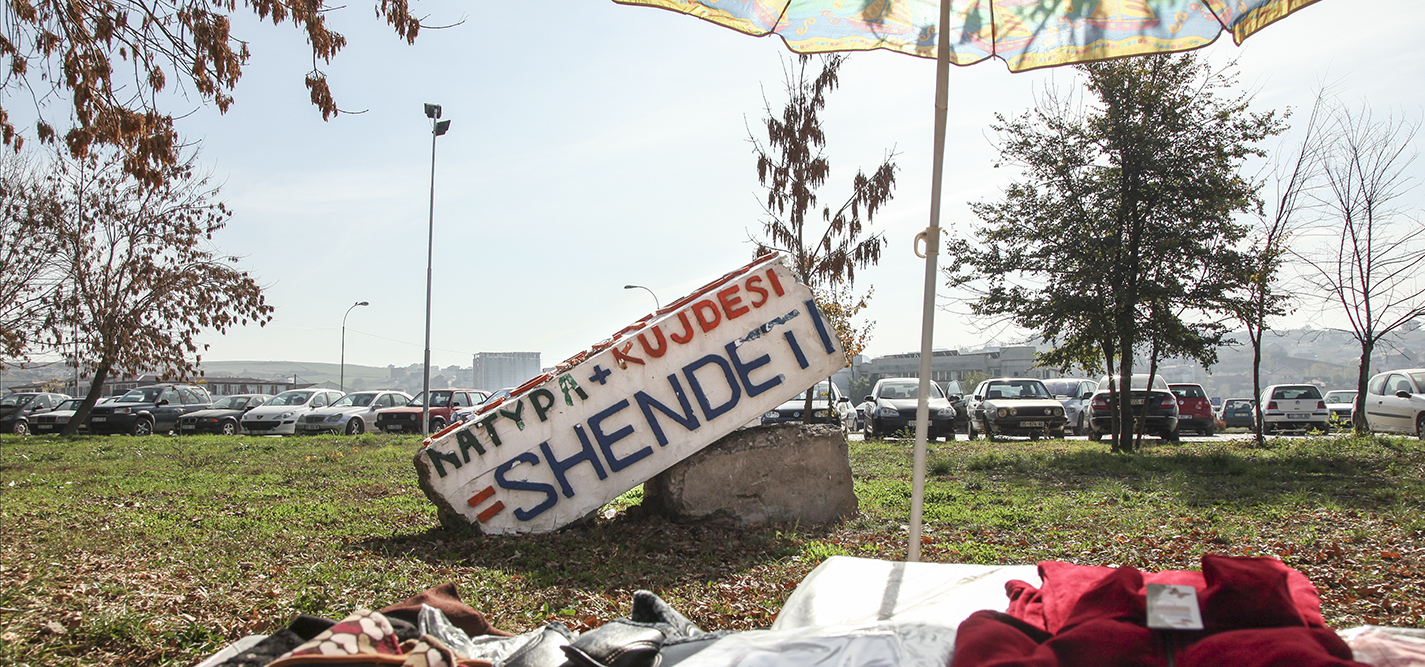
Dying Without Knowing Why
The health sector remains inaccessible to Roma, Ashkali and Egyptian communities.
|04.03.2024
|
The fact that Melisa's case raised immediate suspicions about potential ethnic discrimination should alarm health institutions. These doubts do not arise without reason.

Bujar Vitija
Bujar Vitija is the editor-in-chief of the online medium Gazeta Shneta, which mainly covers the health sector in Kosovo. Since 2010, Vitija has been working as a journalist for several print and online media outlets. He is also the creator of the show Shneta on T7 TV. Vitija is a beneficiary of the fourth cycle of the K2.0 Journalism Fellowship.
DISCLAIMERThe views of the writer do not necessarily reflect the views of Kosovo 2.0.
This story was originally written in Albanian.